Russia's invasion of Ukraine has shone a spotlight on international funding in the United Kingdom, with sport a particularly visible and prominent vehicle of investment.
Oligarchs and wealthy Russians close to Vladimir Putin have been sanctioned by the UK government and the ownership of Chelsea made Roman Abramovich the highest-profile case.
With assets frozen, the club's existence was under threat and only a special licence allowed the men's and women's teams to continue playing.
However, we are now moving towards the final stages of a takeover, which is being overseen by Raine Group, and there are at least four bidders in the mix.
Of course, Abramovich, who has owned Chelsea since 2003, has been blocked from benefiting financially from the sale.
The billionaire faced sporadic criticism about his links to the Kremlin during almost two decades at Stamford Bridge, but was still free to invest as much money as he pleased in Chelsea, who won five Premier League titles and two Champions Leagues during his stewardship.
However, the Premier League has now come under pressure to expand its criteria for assessing prospective owners, particularly in relation to human rights.
“We’re looking to see if more tests need to be added, if we need to be more transparent and whether those decisions should be approved by an independent body,” Premier League chief executive Richard Masters said at the recent Financial Times Business of Sport Summit.
While there has always been scepticism surrounding the motives and practices of several American investors, the biggest political and moral objections have been made in relation to Middle Eastern involvement.
For example, Amnesty International renewed calls for a human rights-compliant owners' and directors' test following the takeover of Newcastle United by Saudi Arabia’s Public Investment Fund.
Its chairman, Crown Prince Mohammed bin Salman, has been accused of presiding over a regime that has led a coalition in the long-running armed conflict in Yemen, as well as instigating a major human rights crackdown.
Other Gulf states have invested heavily in sport, including 2022 World Cup hosts Qatar and the United Arab Emirates, which have both been condemned for their human rights records.
Manchester City owner and UAE deputy prime minister Sheikh Mansour has spent more than £1 billion ($1.3bn) turning the club into one of the most successful in the world.
However, Labour MP Chris Bryant, chair of the All-Party Parliamentary Group on Russia, questioned if he was a "fit and proper person to be owning a football club".
Despite criticism, the UAE has also fostered close ties with the UK, which makes any potential intervention difficult.
Indeed, in September, the UAE announced a £10bn investment partnership with the UK government on technology, infrastructure, and energy transition.
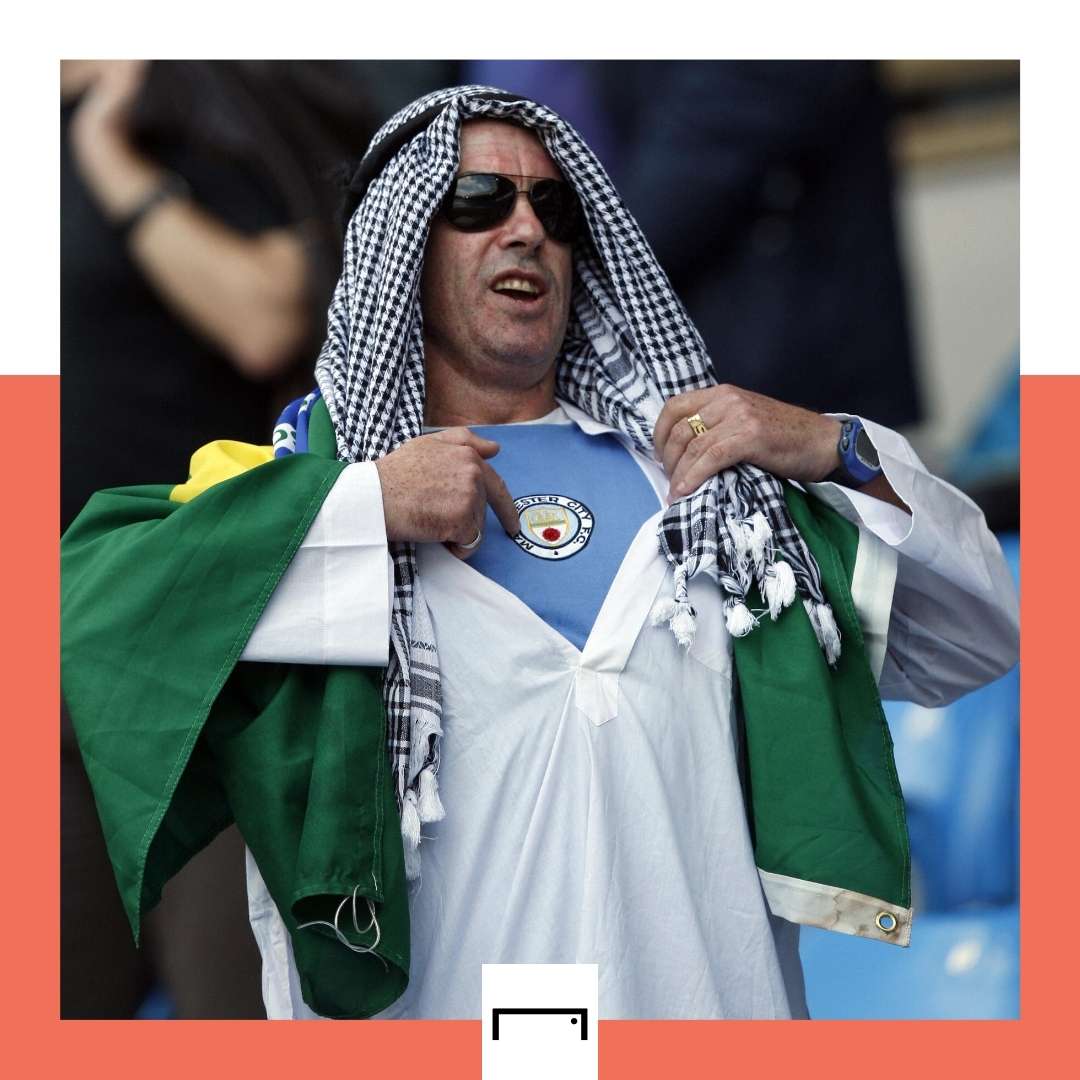 Getty
Getty"The British government actively encourages investment from the Middle East – it has done for a long time," Geopolitical Economy of Sport expert Professor Simon Chadwick tells GOAL.
"In terms of business and lucrative sources of revenue, we know that the likes of Saudi Arabia and others spend lots of money on, for instance, weapons.
"Post-Brexit, the British government has obviously had to plug some gaps in terms of trade relationships and inward investment.
"And, over the last two or three years in particular, the British government has really doubled down on its selling in the Gulf region.
"In the main, the relationship is reasonably good without being exceptionally good. There are some issues.
"One thinks particularly of the scrutiny that the ruling family in Dubai have recently had in the treatment of some of their female family members.
"But there has also been some outcry from Britain regarding the war in Yemen."
A recent meeting between Sheikh Mansour and Syrian president Bashar al-Assad drew comment with a Foreign Office spokesperson saying such meetings "undermine the prospect" of peace in Syria, where a civil war has been fought for 11 years.
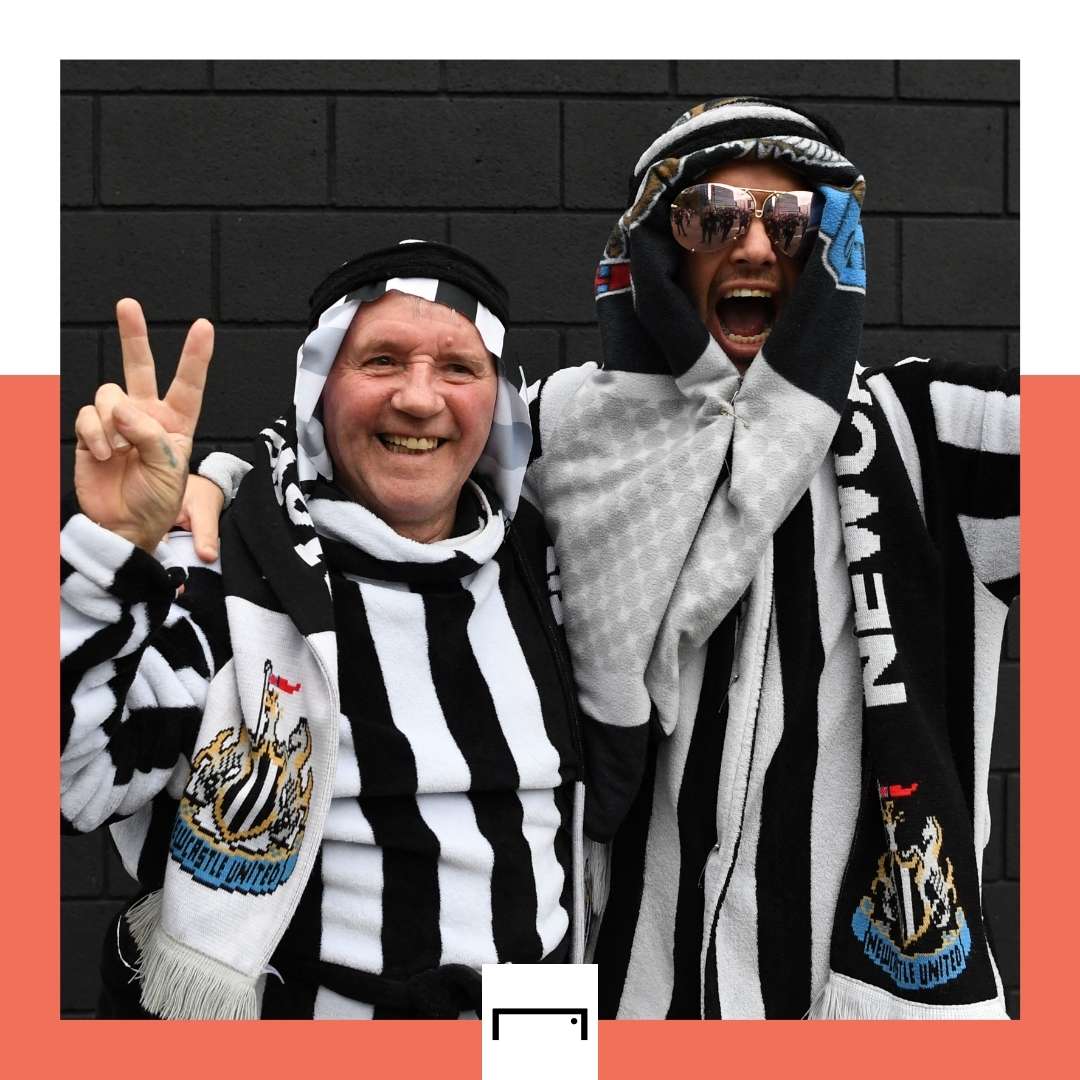 Getty
GettyThe UAE has also so far remained neutral over Russia's invasion of Ukraine despite pressure from the United States and Europe.
"Whilst the UAE will not want to disaffect Europe and the West, it will equally not want to disaffect Russia either," Chadwick adds. "They're going to hedge and wait and see before they make a decision.
"Whilst we're expecting Abu Dhabi to support Europe and the United States, they've also got to try to protect themselves as well.
"They are acutely aware that literally a matter of tens of miles across the Persian Gulf, they have Iran – a big ally of Russia and also a serial provocateur in the region.
"It's a dangerous part of the world and you can imagine the UAE trying to position themselves as intermediaries in the debate between Russia and the West."
Sport has helped promote UAE on the world stage. Abu Dhabi hosted last year's Cricket World Cup, as well as the engrossing final race of the 2021 Formula One season.
Emirati citizens have also played a major role in transforming horse racing in the UK.
Football, of course, has been the UAE's most visible marketing tool, with the Dubai government’s Investment Corporation-owned airline Emirates sponsoring Arsenal’s stadium, the FA Cup, Real Madrid and Chelsea amongst others.
The City Football Group, in which Silver Lake and China Media Capital now have significant minor shareholdings, has Manchester City as its jewel and contains 10 clubs across the world including a foothold in potentially major markets in New York, China and India.
Accusations of 'sportswashing' – the practice of using sport to clean a tarnished reputation or public image – has often been touted as one of the driving factors behind Middle Eastern investment.
However, Professor Chadwick believes that financial benefits and an increase in soft power are bigger motivating factors.
"If you look at the national development strategies of Saudi Arabia, Abu Dhabi, Dubai, Qatar, Bahrain, the national development strategies of these countries are centred upon generating incomes from overseas investment projects," he says.
"They are about positioning themselves as important members of the global sporting community, diversifying their economies away from a dependence on oil and gas.
"It's about affecting societal change, for instance, by promoting gender equality through sport.
"It is also about projecting soft power and that's an attractive power because it's essentially about trying to engage overseas audiences with who you are and what you do, and trying to persuade other nations that you want the same things as they do.
"Many people in the Gulf region would see this as soft power projection, not as sportswashing. I think sportswashing is simply a lens through which some nations view what is happening in these countries.
"That lens is obviously one which casts the likes of Abu Dhabi and Saudi Arabia as using sport negatively, for divisive and possibly even destructive reasons.
"I'm not discounting the possibility that this is the case. However, I do think there is more to what is happening in these countries than simply trying to convince the world that they're good guys."
Whatever the truth, one thing is clear: there is now greater scrutiny than ever before on where the money is coming from in English football.
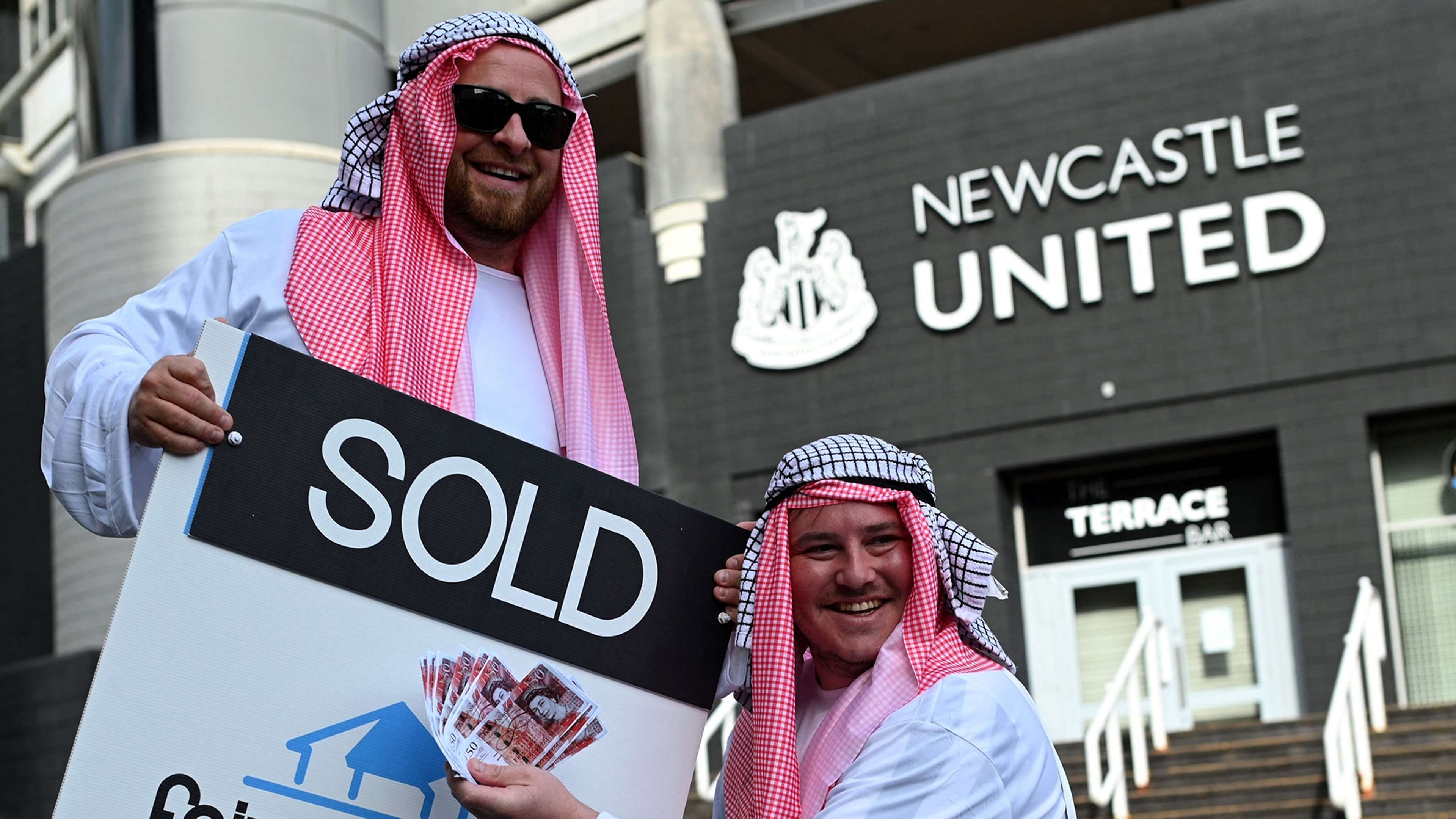
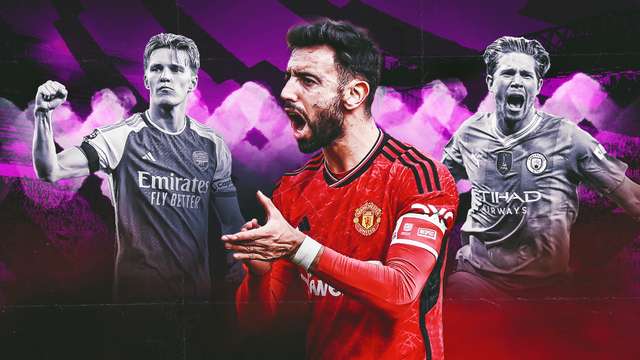
.jpg?auto=webp&format=pjpg&width=640&quality=60)
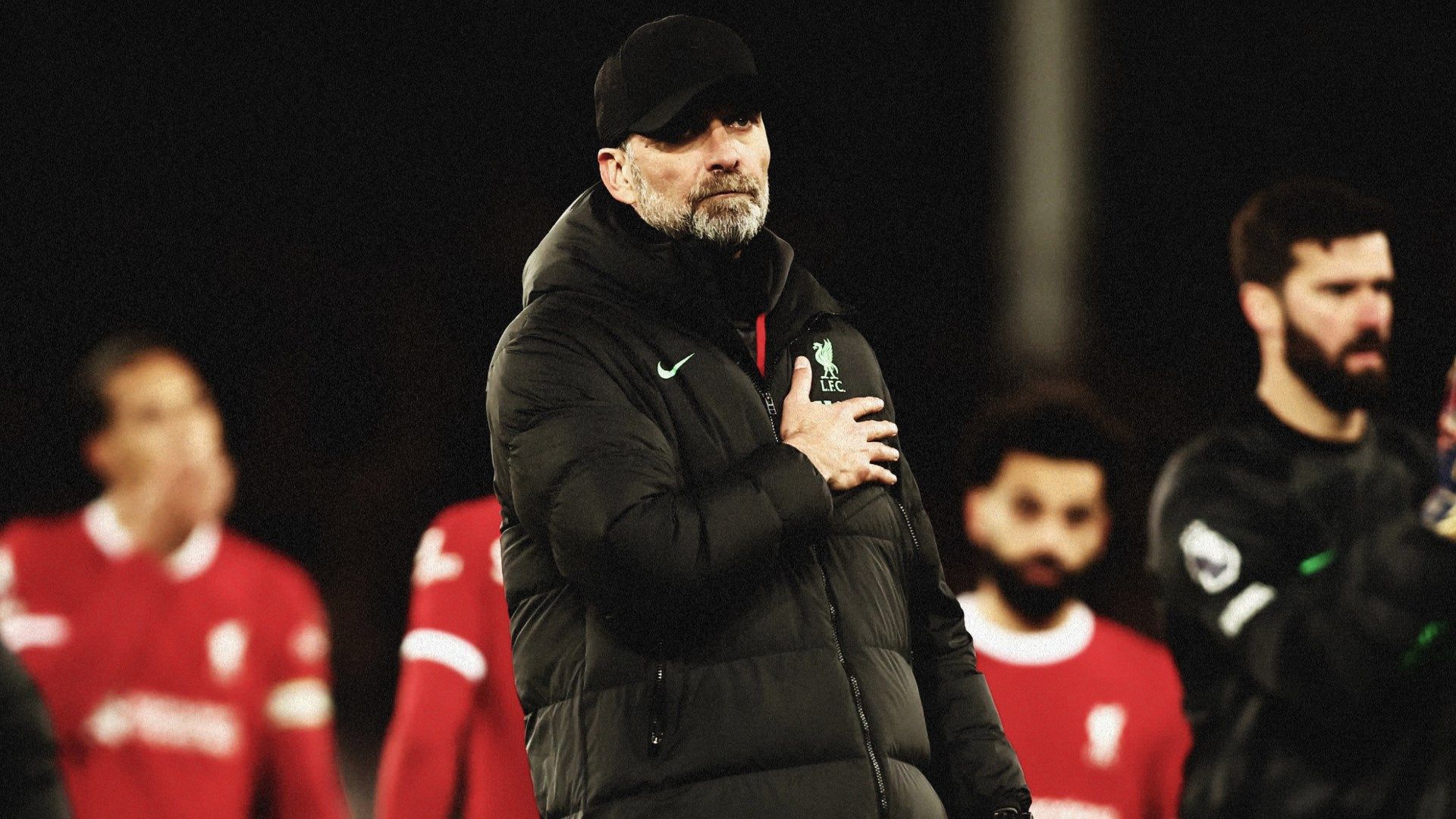.jpg?auto=webp&format=pjpg&width=640&quality=60)
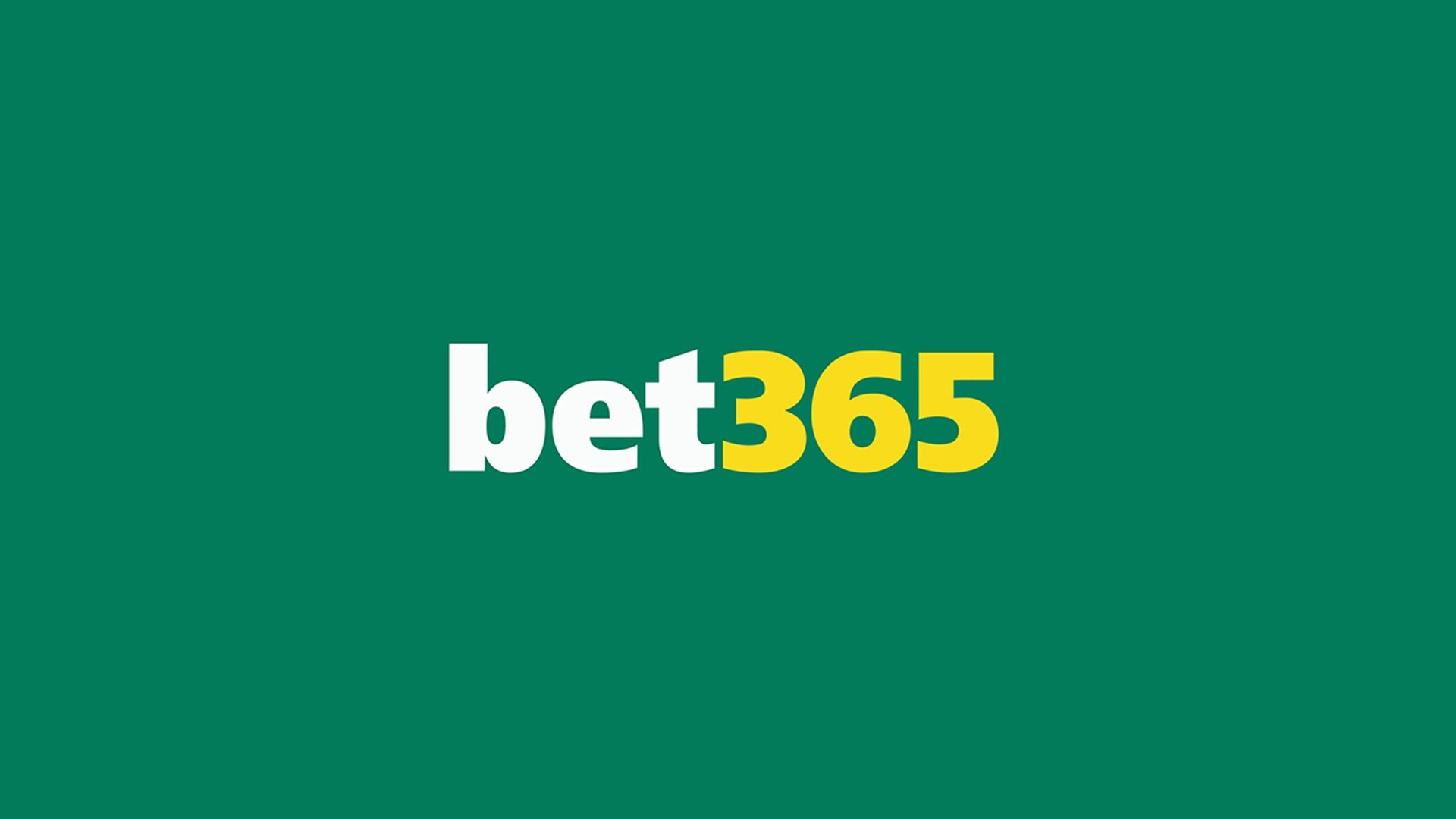.jpg?auto=webp&format=pjpg&width=640&quality=60)